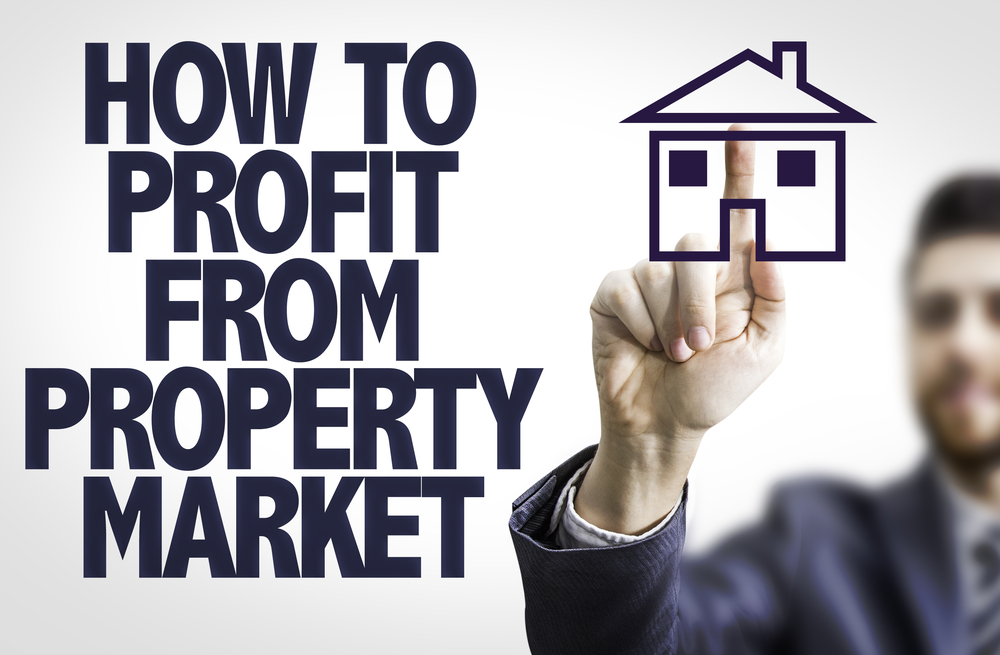You can use standard commercial loans to purchase equipment, fund marketing campaigns, or sort out your cash flow issues. However, if you’re looking for ways to finance the purchase or lease of a commercial property, the standard business loan may be inadequate for your needs. This is where commercial real estate loans come in handy. Here’s some more information on this topic.
How to Choose the Ideal Commercial Real Estate Loan for Your Business
To find a commercial real estate loan that suits your needs, you should assess the amount of money you need, when you need it, how you’ll allocate it, and how you’re going to repay the loan. Additionally, you should examine the lender’s requirements and consider the types of commercial loans that suit your business needs.
Understanding the Different Types of Commercial Real Estate Loans
Commercial real estate loans can be broadly categorized into the following seven types:
-
Purchase Loans
Purchase loans, as the name implies, enable you to buy real estate for your business. These loans are also referred to as commercial mortgage loans. Usually, when you use a purchase loan to acquire property, the property serves as your collateral for the mortgage.
-
Refinancing loans
In case the rates of the commercial mortgage that you already have are too high, you may need a refinance loan. With a refinance loan, you can negotiate lower monthly payments and lower rates. This can leave you with some cash flow that you can then channel to other projects.
-
Construction Loans
Construction loans fund your building costs. Typically, these loans have brief terms that range between 18 and 36 months, with an expectation that after completion, you’ll shift to a commercial mortgage.
-
Hard Money Loans
Hard money loans provide high-interest short-term financing (between 6 and 24 months). This makes them ideal if you’re in the business of trading properties; in scenarios where you can offload properties fast. Typically, mainstream lenders, such as credit unions and banks, do not offer these types of loans.
-
Bridge Loans
Bridge loans are similar to hard money loans, but they have slightly longer terms (three years) and slightly lower rates. As the name suggests, these loans help you bridge the gap between the time you buy land (or even an existing property) and the time you begin building (or remodeling).
-
Conduit/CMBS Loans
Sold on the secondary loan market, these loans are similar to traditional commercial real estate loans in many respects.
These loans are sold by Conduit lenders, investment banks, commercial banks or syndicate banks. They have a fixed interest rate and are usually written over a period of 25 to 30 years.
-
Small Business Administration Loans
If you or your business owns fixed assets, you can use such assets as collateral to secure Small Business Administration (SBA) loans. SBA loans are long-term loans backed by the SBA or the U.S. Small Business Administration. These loans come with substantial maximum loan limits and low-interest rates, but you meet certain requirements to be eligible for the loan.
Essential Factors to Consider Before Choosing a Commercial Real Estate Loan
The following are a few factors that you need to consider before choosing a commercial real estate loan.
- Loan process – Find out the length of the process and the details needed.
• Interest Rates – Interest rates vary from lender to lender. Find rates that suit you.
• Qualifications – Explore the lenders’ qualification criterion so that that you’re clear on what you need to supply to qualify.
• Collateral – Collateral is the asset that backs your loan.
• Funding time – How long it takes for the funds to be deposited into your account.
• Special documentation – Some lenders may demand additional documents like your tax returns.
What to Expect While Applying for a Commercial Real Estate Loan?
Depending on your choice of lender, the entire process of applying for a commercial real estate loan can take either as little as 24 hours (for online lenders) or as long as three months (for SBA loans). As different lenders have their own set of rules and procedures to be followed, the time taken to complete the loan process will vary.
-
Filling in the application form
You will have to fill in the application form either online or in-person at a bank branch, wherein you will be required to provide all the necessary information related to you and your business. These will include:
- The loan amount and type that you are seeking and its proposed use.
- The name of your business, address, year of commencement and a valid tax ID number
- The name of the borrower, their home address, SSN, title, and ownership in the business.
-
Documents to be submitted
In addition, you will also have to submit certain documents such as
- The official ID of all business owners/partners
- Bank statements for the past three months
- Business mortgage statement
- Lease agreements, if any
- Recent tax returns and financial statements
- Information related to collaterals, if any
The process of getting commercial real estate loans is relatively straightforward. At Fidelity Mortgage Lenders, we can help you secure the right commercial real estate loan to meet the unique needs of your business. To get started, contact us or give us a call at (818)422-8879.
Comments are closed.







